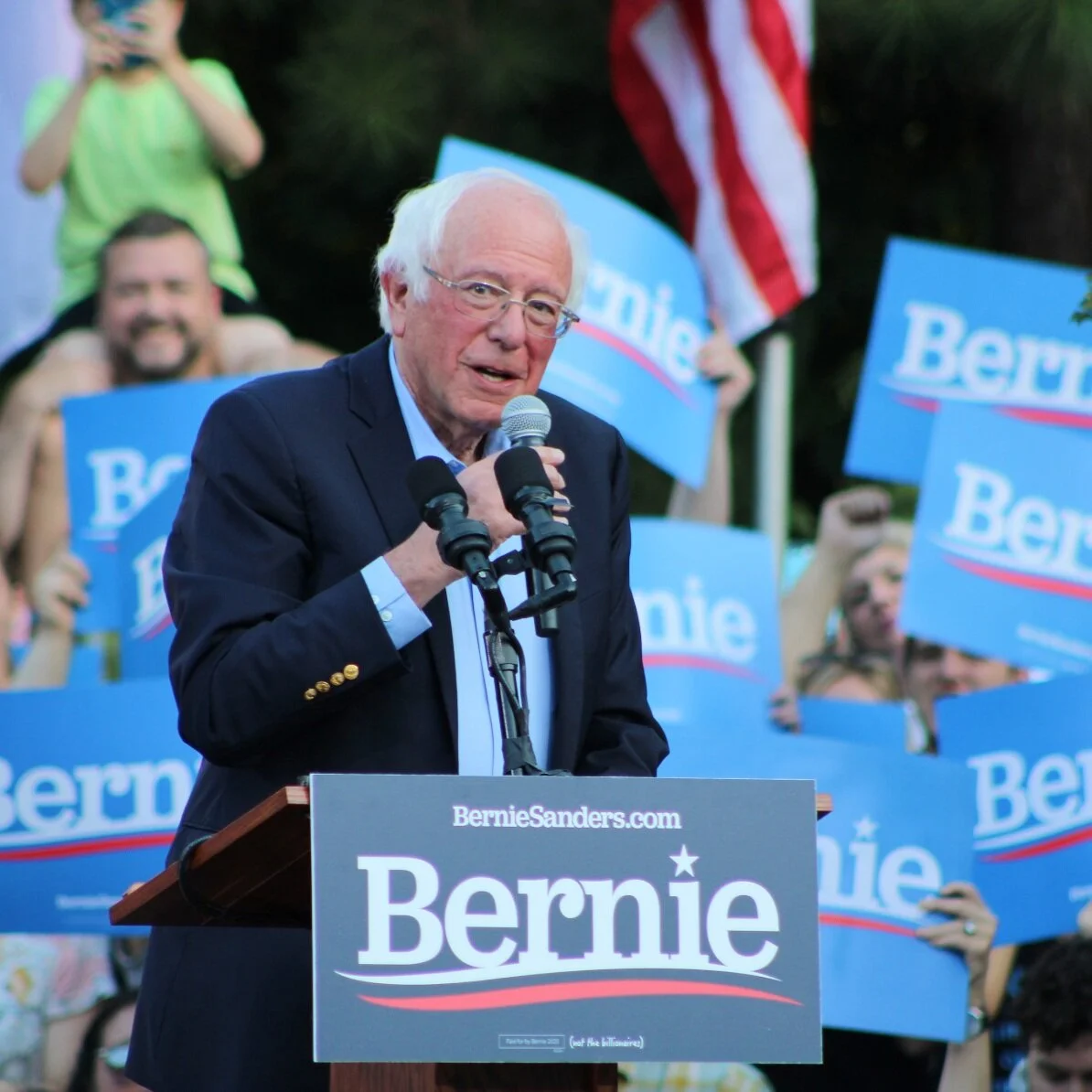Have the big tech giants grown too big? Recent crackdowns on major tech companies like Google and Amazon leaves us with an uncertain future, with potential business changes on the way.
Read MoreIn October 2020, Ray McGuire, Citi Vice Chairman and head of Investment Banking, left his position at the bank to run for New York City Mayor. Charlotte O’Toole reflects on how his departure leaves Citi with no black executives–a reminder of the tenuous state of executive black representation in the financial industry.
Read MoreAs our lives become increasingly digitized in the 21st century, our personal choices, habits, and mannerisms have become intertwined with our online identity. Companies of all industries have been increasingly encouraged to manage and collect data of their clients (or potential clients) in order to compete and strategize effectively in the new global economic system. At the same time, consumers are not only more informed about this phenomenon but are also realizing issues with businesses being in charge of their personal and private data.
Read MoreThe “Skirmish Era” of antagonistic policies and strained interactions between the U.S. and China seems to have extended to the third decade of the 21st century, and the rift between the two economic superpowers is leading the world to yet another cold war. Summer Journalism Fellow Peyush Karel looks at how the rest of the world responds when two nationalistic agendas collide.
Read MoreGwendolyn Lee, co-founder of Students vs Pandemics, discusses with Summer Journalism Fellow Millie Muroi her vision of bringing people with different perspectives together to tackle COVID-19 through innovative solutions, cross-disciplinary collaboration, and student leadership. Lee also shares her insights on the road ahead for healthcare, policy, and business in the coming decade and how students can actively contribute beyond the academic sphere through civic engagement and public service.
Read MoreAs airlines cautiously reopen their doors to global travel, Qatar Airways confronts a future business blueprint with entangled unavoidable negative impacts and not-bads. Summer Journalism Fellow Hypatia Wu highlights how the Qatari giant is facing a major pullback on expansion efforts and increasingly fierce competition from its Middle Eastern rivals.
Read MoreFrom engineer to founder to politician, Luz Rivas has constantly dedicated herself to promoting STEM education & awareness as Founder of DIY Girls and Assemblywoman for California's 39th State Assembly District. Here, she discusses the challenges in managing a non-profit organization and how tech intersects with policy in her work today.
Read MoreAI is being used to streamline the healthcare industry, but concerns over data privacy beg the question of how HIPPA laws will shift the industry of health care innovation. On the flip side, obtaining data about patient treatment has the potential to empower an informed health care consumer to choose how they want to contribute to their own care. Whether we perceive the proposed technological advancements as helpful or overreaching will depend on the “doublespeak” marketing involved.
Read MoreSince 2018, China has closed its borders to the wave of trash generated by the West, forcing Americans to reconsider the problem of waste and shift towards a more sustainable future via the principles of Reduce, Reuse, and Recycle.
Read More‘Made in’ labels reveal as much about a product as they do about its country of origin. A strong national brand can attract capital—technological and human—that drives growth. Countries build up their national brands over decades, yet China and the European Union are among those launching ambitious programs to rehaul their brands within just several years.
Read MoreSenator Bernie Sanders has been one of the most vocal supporters of a single-payer Medicare plan, and he has not shied away from calling out the pharmaceutical industry for driving up drug prices. However, is his approach truly the panacea for the American healthcare crisis?
Read MoreIn a time where the Chinese export is challenged by US tariffs, it appears logical that the government will seek to strengthen its economy by growing the domestic consumption sector, yet the automotive industry has been experiencing fewer buyers despite historically upwards trends in car sales. While the trade war does impose a culture of spending less, however, there are other factors that can explain the decline in automobile purchases.
Read MoreThe Peace Agreement signed in 2018 covers not only the necessary political, military and institutional changes, but also dedicates a whole chapter of its articles to transitional justice. With this mechanism there is hope that the highly corroded social fabric can heal gradually for the benefit of the population.
Read MoreI argue, therefore, that African economies can begin the process of deep integration if infrastructure networks are designed in such a way as to link production centers and distribution hubs across the continent. Indeed, this would emulate, under Africa’s own conditions, the networks of trade utilized by developed economies.
Read MoreHowever, for all the good these companies have done for us, their dominating nature provides the opportunity to completely control innumerable aspects of our lives with no consequences for their actions – something that should also be considered.
Read MoreVenezuela must use oil as a diplomatic mechanism to achieve its objectives. However, the nation must have a coherent and realistic foreign policy through which it could obtain economic benefits and/or true allies in the Caribbean region.
Read MoreSmart prioritization within the U.S. Department of Defense is perhaps more crucial today than ever before.
Read MoreFrom 2003 the Darfur conflict has created one of the world’s worst humanitarian crises, long before the fallout of Yemen, Syria, and South Sudan.
Read MoreOn March 2nd, in a speech at the Conservative Political Action Conference, President Donald J. Trump declared his intention to sign an executive order supporting free speech on colleges’ campuses.
Read MoreWill Western states confront China in a unified manner, or will they each pursue their own economic interests with a disregard for the political consequences of their decisions? Only time—and the amount of money China throws at the world—will tell.
Read More


















